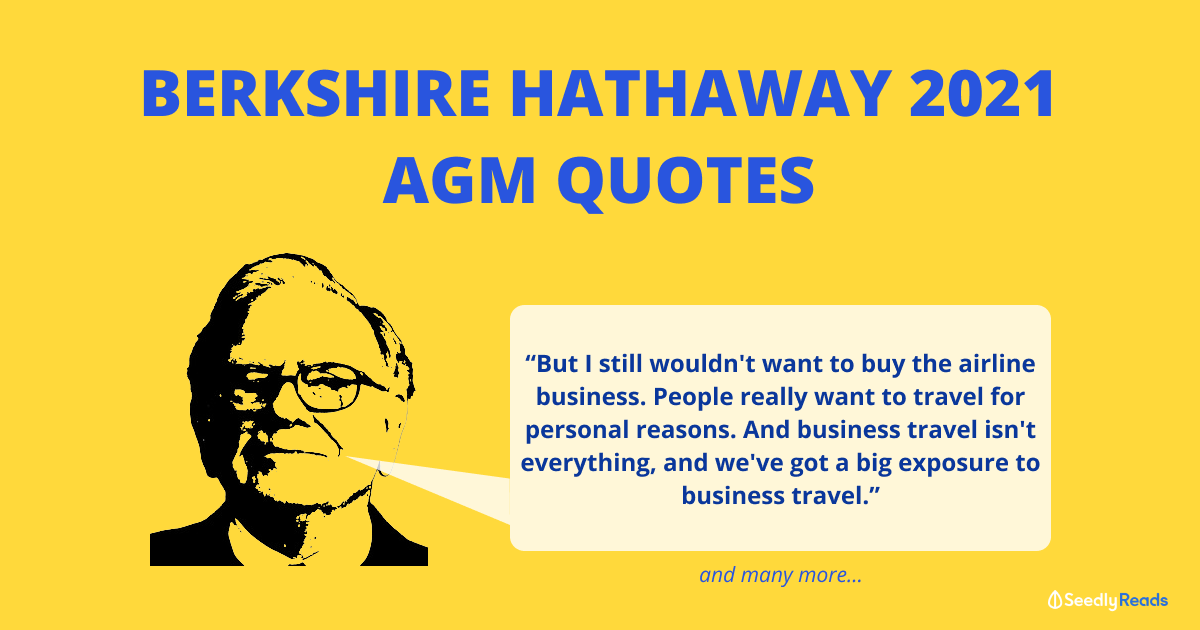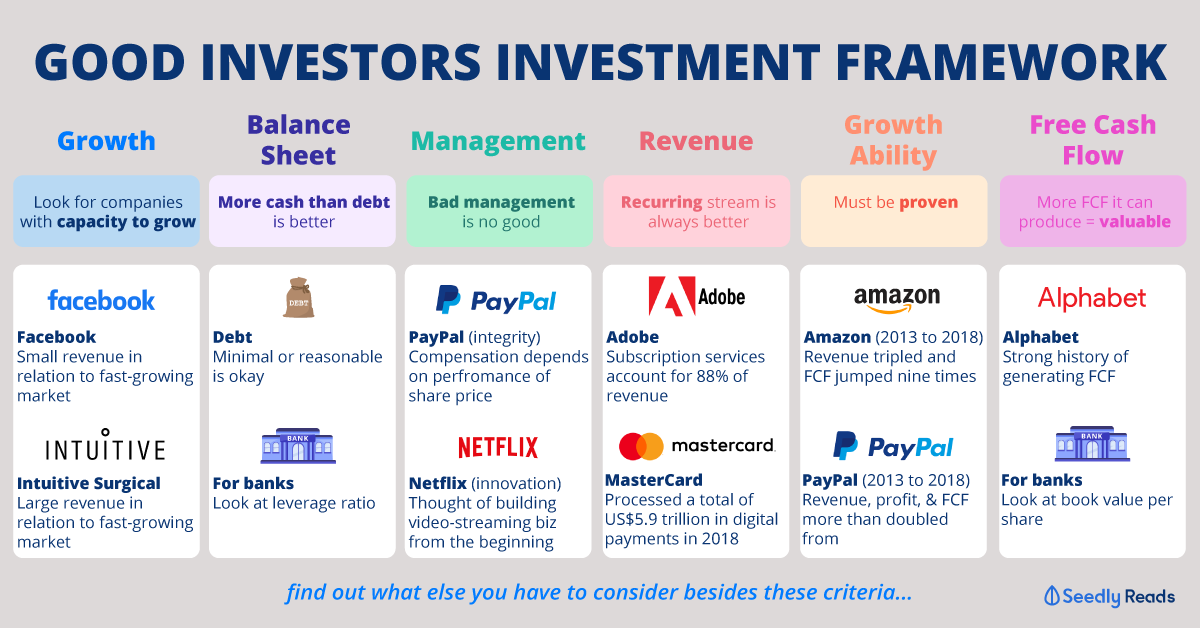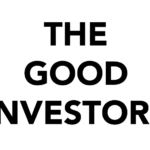Advertisement
Anonymous
If Berkshire Hathaway's positions are publicly known, why aren't investors capable of copying Berkshire's returns?
12
Discussion (12)
Learn how to style your text
Alvin Teo
27 Oct 2019
Aviva Relationship Consultant at Aviva Affinity Channel
Reply
Save
While Ankita Tiwari has listed the structural problems of not getting the returns as Berkshire, I also think that fundamental psychological differences prevent many people from achieving Buffett’s returns.
The main difference is that the consensus over the belief that one can easily pick up fundamentally good stocks by just reading annual reports and having a brilliant understanding of basic accounting (which let’s be honest, is far more easier than reaching the level of some of the quants in top quant shops) is extremely hostile. Finance has come to be dominated over the last few years by extremely mathematical abstractions, which is reflected in much of the academia in financial economics.
You can pretty much think of it as being the complete antithesis of what value investing is. Which is why despite year after year Buffett (and others) taking the sceptics to dogs, financial academia is yet to accept the merits of value investing.
In 1984 there was a grand debate organized by Columbia Business School, where Buffett, perhaps the most famous disciple of Graham and Dodd’s value investing approach, and Michael Jenson, a scholar and a proponent of the efficient markets hypothesis, were pitted against each other. It was here that Buffett made his famous “Superinvestors of Graham and Doddsville” speech where he rebutted efficient markets. But instead of responding to the points he raised, academia has largely preferred to “continue to prove in theory what was refuted in practice” as put by Seth Klarman.
Reply
Save
Jansen Ng
07 Jun 2019
Business Student at Ntu
Considering the answers provided above, would it then be safe to say if the prices fall below their avg prices bought by Berkshire, we are on safe grounds to purchase?
Reply
Save
Billy
07 Jun 2019
Development & Acquisitions Manager at Real Estate Private Equity
Overwriting my comment, here's a more in-depth analysis of the fund flow reports where one can obtain it from SGX on a weekly basis -- https://www2.sgx.com/research-education/fund-fl...
As these reports encompasses an entire week of trading, the figures of a stock could be highly swayed by activity on a particular day (i.e Genting results, hence its on institutions Top 10 Net Sell). Hence there can be a particular surge of buy/sell volume on a particular day leading to the counter being one of the top 10 on the list. But overall, analysing a weekly fund flow by plotting out the percentage difference of closing price of Monday 1st April and Friday 5th April, this is what I managed to uncover.

And this is precisely the reason why Retail investors can never beat Institutions. Then again, there are a couple of unknowns such as the initial entry price where retailers might want to take profit and this is based on the analysis of one week.
So if you're able to mimic the minds of institutions and if the stock you purchase for that week ends up on the Top 10 Net Buys of Institutions, you'd have a higher possibility of profiting from the stock market.
Reply
Save
Actually investors could copy Berkshire Hathaway returns (to a certain extend), as the positions are...
Read 3 other comments with a Seedly account
You will also enjoy exclusive benefits and get access to members only features.
Sign up or login with an email here
Write your thoughts
Related Articles
Related Posts
Related Posts
Advertisement










On the stock portions, Berkshire buys stocks at different prices from others. And sometimes I buys over the company.
Also, Berkshire dabbles in options and many more.
In its early days, Berkshire was able to get a lot of funds because it owned an insurance company (read free float)
Last but not least, Berkshire helmed by the cleverest people with money, tax, and accounting.
Buffett and Munger are not only good investors, they are just very clever people